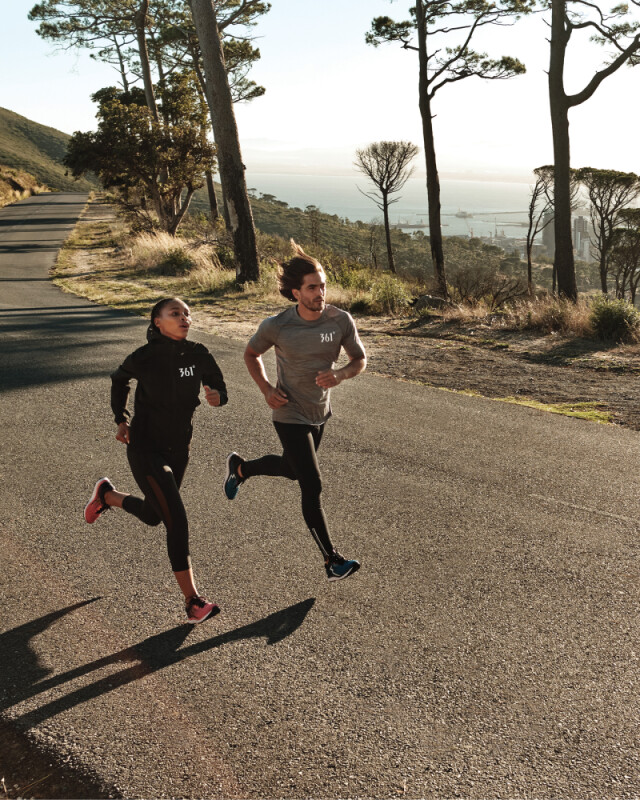While everyone agrees that there has been a significant boom in running during the pandemic, the situation and circumstances that these people have taken up running are drastically different than their pre-pandemic counterparts.
Looking to learn about the motivations of new runners for running, whether they will participate in races and how they differ from those that began before COVID, Runrepeat recently surveyed 3961 current runners to investigate how many began during the pandemic.
The key finding: More than a quarter – 28.76 percent to be exact – of current runners started running during the pandemic.
With that many runners having begun during the pandemic, the “average runner” has changed. Focusing much more on their overall physical health and being much more highly in favor of virtual races.
Among the other key findings:
- These new-pandemic runners are 19.82 percent less likely to participate in in-person races over the next 12 months.
- New runners are 115.37 percent more in favor of virtual races than pre-pandemic runners.
- Motives for running are changing — physical health is the primary motivation for 72 percent of new-pandemic runners, up 18 percent from runners who began running before the pandemic.
- 71 percent are “pre-pandemic runners” who began running before the pandemic.
As far as the impact on race participation, only 50 percent of new-pandemic runners plan to participate in a race over the next 12 months in comparison to the 63 percent of pre-pandemic runners.
Currently, these new-pandemic runners are 21 percent less likely to participate in any form of race, in-person or virtual.
Of these new runners that are looking to participate in a race, 68 percent plan to race in-person, in comparison to the 85 percent of pre-pandemic runners.
New runners are running for their health, all while being less likely to choose any of the other options as a primary source of motivation. Specifically, these new runners are:
- 34.27 percent less likely to run for competition or achievement
- 31.44 percent less likely to run for social interaction
- 14.81 percent less likely to run for mental or emotional health
- Three percent less likely to run for their confidence or self-esteem
For the complete report:
https://runrepeat.com/new-pandemic-runners






